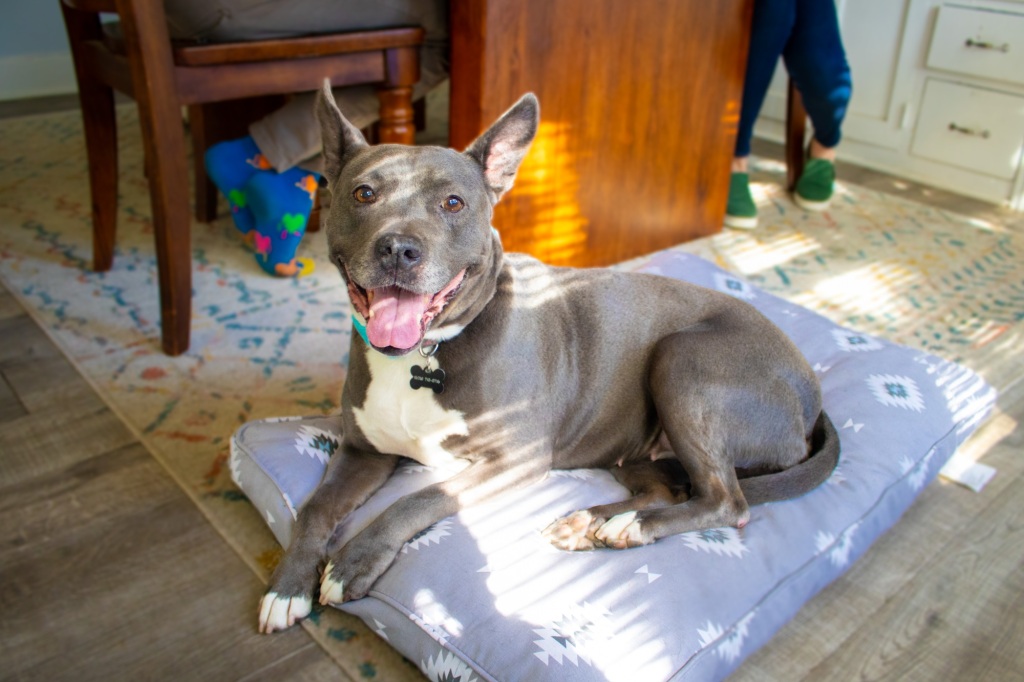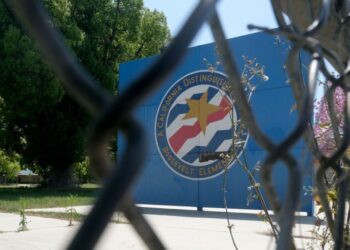So many of you enjoyed my column about pee-mail a couple of weeks ago that I find it fitting to write a follow-up about, well, poop.
Let’s start with PooPrints, the leading dog poop DNA testing company. A dog’s profile is collected via a cheek swab and registered in the DNA World Pet Registry Database.
Some home owner associations, apartment complexes and dog parks now require owners to register their dogs’ DNA before moving in or using public amenities.
When un-scooped poop is found, a sample is collected and the specimen is sent to the lab. The poop is then matched to the offending dog by their DNA. In many cases, the owner is fined.
I know it sounds hard to believe, but since the company’s commercial debut in 2011, PooPrints has signed up more than 7,000 communities in seven countries and registered more than 800,000 dogs!
Only time will tell if dog poop DNA testing is the future of pet waste management. In the meantime, I encourage you to be a good neighbor and do your part. Pick up after your pets to help ensure a healthy, sustainable community for all beings.
Dog poop can carry viruses, bacteria and parasites that are dangerous to humans and other animals. One of the more harmful viruses spread by dog feces is parvovirus, a disease that primarily affects young, unvaccinated puppies and is often fatal.
Picking up the poop is good for the environment, too. In contrast to wildlife poop, which benefits the ecosystem, pet waste has a negative impact. Dog poop adds excess nitrogen and phosphorus, creating a nutrient imbalance.
Dog poop can also end up in our waterways. This can cause harmful algae overgrowth, deplete oxygen that fish and other animals need to live and lead to bacterial contamination.
Now that you know picking up after your pet is serious business, what’s the best way to do it?
The most common way pet guardians manage clean-up is with a plastic poop bag. Poop bags are available for purchase in all pet stores, including our…
Read the full article here







